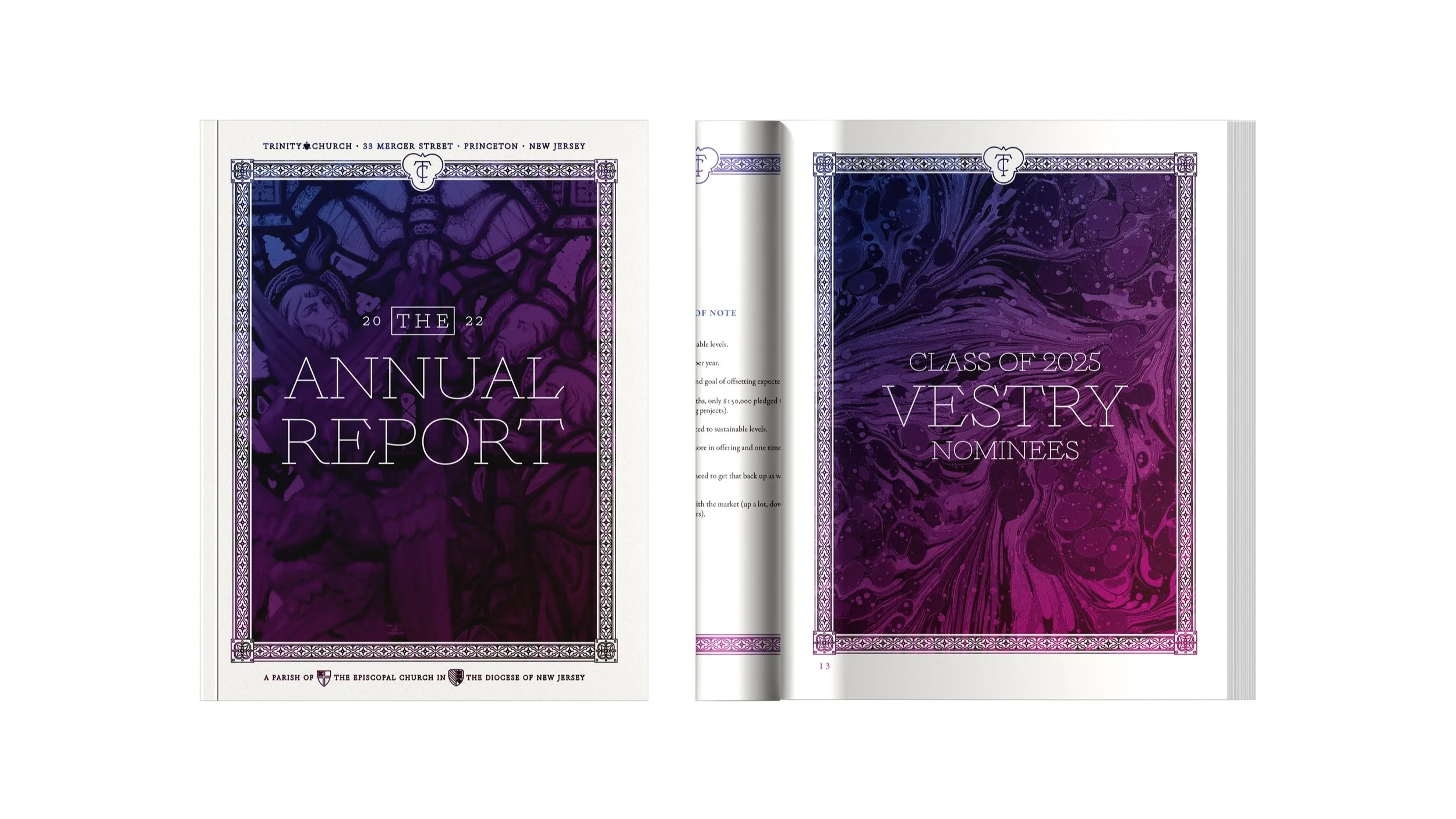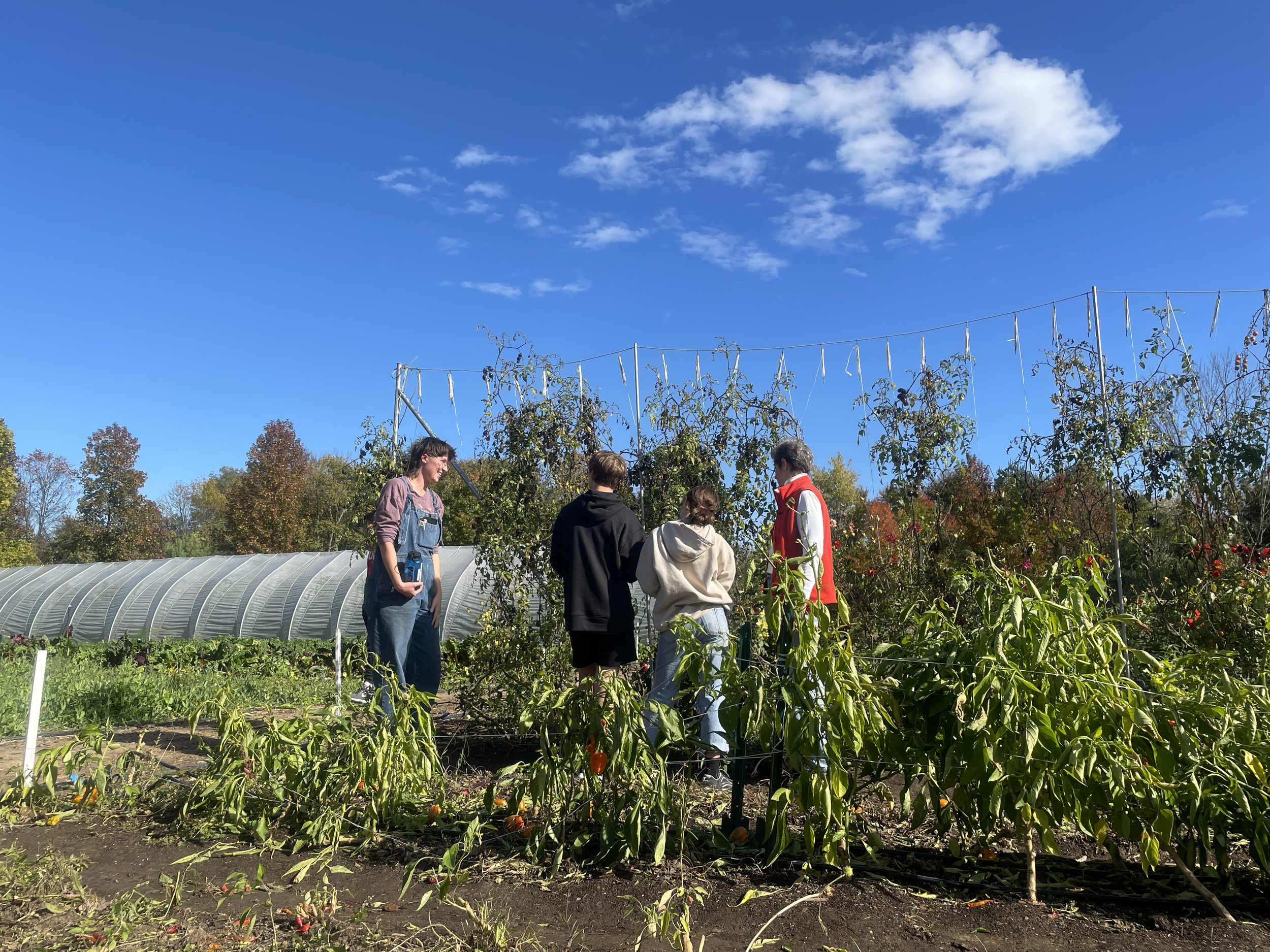Jay DeFeo, The Annunciation, 1957/59.
Why do you leave the ordinary world, Virgin of Nazareth… / Why do you fly those markets, those suburban gardens, / You have trusted no town with the news behind your eyes. / You have drowned Gabriel's word in thoughts like seas / And turned toward the stone mountain…to the treeless places.
— Thomas Merton
On the fourth Sunday of Advent this year, the Lectionary tells us the story of Jesus’ birth from Matthew’s gospel: “When his mother Mary had been engaged to Joseph, but before they lived together, she was found to be with child from the Holy Spirit. Her husband Joseph, being a righteous man and unwilling to expose her to public disgrace, planned to dismiss her quietly. But just when he had resolved to do this, an angel of the Lord appeared to him in a dream and said, “Joseph, son of David, do not be afraid to take Mary as your wife, for the child conceived in her is from the Holy Spirit. She will bear a son, and you are to name him Jesus, for he will save his people from their sins.” While Luke gives us our familiar nativity scenes of manger and shepherds and friendly animals, Matthew confronts us with the reality of a what a surprise pregnancy meant in Jesus’ time and place: shame, ostracism, and as our reading says, “disgrace.” But what Matthew’s and Luke’s accounts share is that the angel of the Lord appears to announce God’s plan for the world, a plan that is set into motion because Mary said “yes.”
At this point in Advent, as we look towards Christmas, we are in the time of Mary, the time of the Magnificat. In Luke’s gospel, we rejoice as we hear Mary’s joy, in what C.S. Lewis famously called “a terrible song,” meaning a “dreadful, frightful, and fearsome” song. The Magnificat shakes the foundations of all we know, or all we think we know, as Mary reveals that the cosmic events she’s gotten caught up in are nothing less than the pivot of the ages. God visits Mary and Joseph with news so stunning it would take the rest of their lives to understand it all. The reversal of wrenching circumstances, the lifting up of the lowly, the exaltation of the humble that Mary sings about shows us that this is how God works.
Christmas is a time to rejoice in the glory of the Lord, but it’s also a time to be confronted by the very human reality of the story of Jesus’ birth. Neither Mary, nor Joseph, nor Jesus, are two-dimensional figures acting out a sentimental tale. They are real people, caught up in the most real situation possible – the situation of God’s action towards us in the Word made flesh. It is a time of awe. It is a time of joy.
May the blessing of our newborn Savior
be with each of you this season,
The Rev. Cn. Dr. Kara Slade, Associate Rector

























